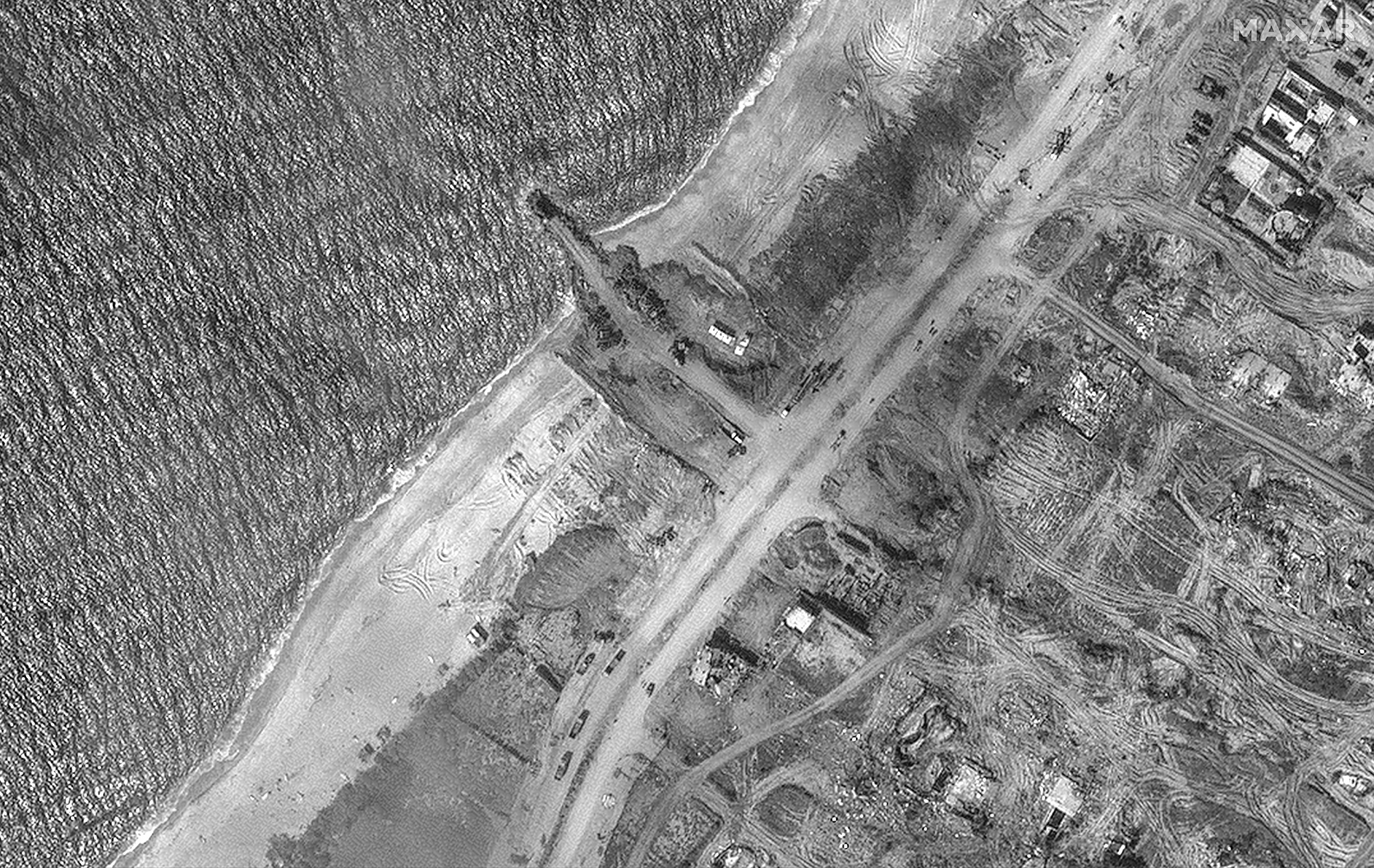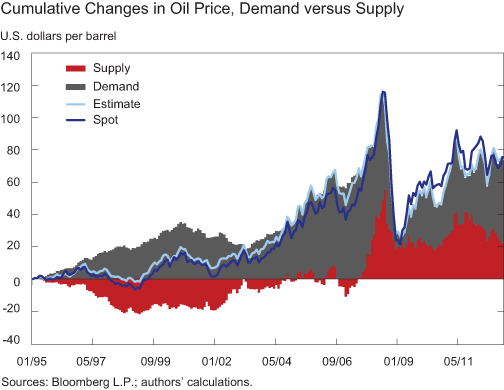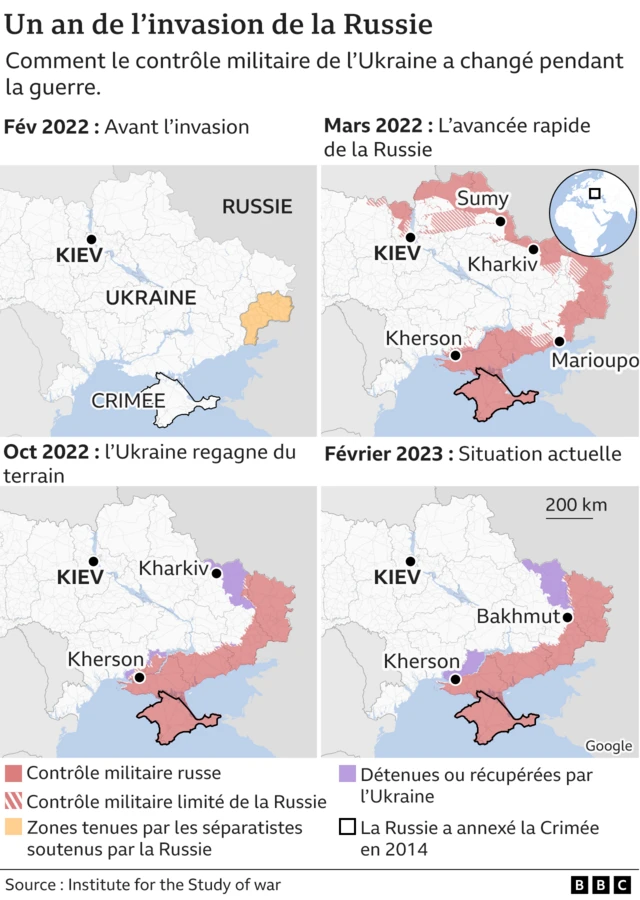Israeli Raid On Gaza Aid Ships: Arab Media Reaction And Coverage

Table of Contents
Condemnation and Outrage as Dominant Themes
Arab media overwhelmingly condemned the Israeli raid on Gaza aid ships, characterizing it as a violation of international law, a humanitarian crime, and an act of aggression against innocent civilians. The reporting consistently highlighted the severity of the incident and its implications for the ongoing humanitarian crisis in Gaza.
Characterizations of the Raid
Many outlets described the Israeli raid on Gaza aid ships as a brutal attack on humanitarian efforts, focusing on the perceived disproportionate use of force against unarmed civilians attempting to deliver essential aid.
- Many outlets described the raid as a brutal attack on humanitarian efforts. The language used was often emotionally charged, emphasizing the suffering inflicted upon the activists and the potential loss of vital supplies for the Gazan population.
- The use of excessive force was a recurring theme in the coverage. Reports detailed the injuries sustained by the activists and the damage inflicted on the ships, often highlighting the discrepancy between the perceived threat and the level of response.
- Images and videos of the raid, often showing injured activists, were widely circulated. This visual evidence played a significant role in shaping public opinion and amplifying the condemnation of the raid. The graphic nature of the imagery contributed to the perception of the raid as a brutal and unnecessary act of violence.
Focus on Palestinian Suffering
The suffering of Palestinians, both those on the ships and those in Gaza, was a central focus of the reporting on the Israeli raid on Gaza aid ships. The narrative consistently linked the raid to the broader context of the ongoing humanitarian crisis in Gaza.
- Reports highlighted the lack of access to essential goods and resources in Gaza. The blockade of Gaza was repeatedly cited as a significant contributing factor to this crisis, framing the raid as yet another obstacle to delivering much-needed aid.
- The blockade of Gaza was frequently cited as a contributing factor to the humanitarian crisis. This emphasized the pre-existing vulnerabilities of the Gazan population and positioned the raid within a larger context of ongoing Israeli policies.
- Interviews with activists, families, and eyewitnesses were used to convey the human cost of the raid. These personal accounts provided a powerful counterpoint to official statements and added emotional weight to the condemnation of the incident.
Varying Perspectives within Arab Media
While condemnation of the Israeli raid on Gaza aid ships was widespread, the tone and focus differed between state-run media and independent outlets. This variation reflects the diverse political landscape within the Arab world and the differing approaches to media coverage.
Governmental vs. Independent Outlets
While condemnation was almost universal, the nuances of reporting differed significantly.
- State-controlled media generally followed a more official line, emphasizing diplomatic efforts and condemnations issued by governments. Their reporting often focused on the official responses and diplomatic repercussions of the raid.
- Independent outlets often offered more critical and in-depth analyses, including diverse viewpoints and opinions on the actions of the Israeli government and the international community's response. This allowed for a more nuanced understanding of the perspectives involved.
Differing Levels of Support for the Activists
The degree of support for the activists involved in the aid flotilla varied across different outlets. This reflects a range of opinions on the tactics used and the broader political goals of the aid mission.
- Some outlets portrayed the activists as heroes fighting for justice and humanitarian aid. They emphasized their courage and commitment to alleviating the suffering in Gaza.
- Others were more cautious, acknowledging potential risks and complexities of the operation, perhaps questioning certain aspects of the flotilla's strategy or highlighting potential unintended consequences.
Impact on Public Opinion and International Relations
The Israeli raid on Gaza aid ships had a significant impact on public opinion and international relations, further exacerbating existing tensions in the region and intensifying scrutiny of Israeli policies.
Increased Anti-Israel Sentiment
The raid fueled existing anti-Israel sentiment across the Arab world.
- Protests and demonstrations were reported across several Arab countries. This widespread public reaction underscored the intense feelings surrounding the event.
- Social media campaigns amplified the outrage and condemnation. The rapid spread of information and emotionally charged content on social media platforms significantly influenced public opinion.
Strained International Relations
The incident further strained international relations, highlighting the ongoing conflict and divisions surrounding the Israeli-Palestinian issue.
- International condemnation of the raid was extensively reported. The global response, including statements from international organizations and governments, was a key focus of the reporting.
- The incident put pressure on international actors to address the humanitarian situation in Gaza. The event highlighted the urgent need for a solution to the humanitarian crisis and renewed calls for international action.
Conclusion
The Arab media's reaction to the Israeli raid on Gaza aid ships was overwhelmingly one of condemnation and outrage. The event was framed as a violation of international law and a humanitarian crisis, with a strong focus on Palestinian suffering and the blockade of Gaza. While a unified condemnation was prevalent, the tone and level of support for the activists varied across different outlets. This incident further fueled anti-Israel sentiment and underscored the complexities and tensions in the Israeli-Palestinian conflict and its international ramifications. Understanding the nuanced perspectives presented in the Arab media concerning the Israeli raid on Gaza aid ships is crucial to comprehending the ongoing geopolitical complexities of the region. Further research into the long-term impact of this event on public opinion and international relations regarding the Israeli raid on Gaza aid ships is necessary.

Featured Posts
-
 Analysis Australias Oppositions 9 Billion Budget Pledge
May 03, 2025
Analysis Australias Oppositions 9 Billion Budget Pledge
May 03, 2025 -
 Finding All Ps 5 Dual Sense Controller Colors In 2025
May 03, 2025
Finding All Ps 5 Dual Sense Controller Colors In 2025
May 03, 2025 -
 The Closure Of Anchor Brewing Company What Happened
May 03, 2025
The Closure Of Anchor Brewing Company What Happened
May 03, 2025 -
 The Ripple Effect Oil Supply Shocks And The Airline Industrys Future
May 03, 2025
The Ripple Effect Oil Supply Shocks And The Airline Industrys Future
May 03, 2025 -
 Pression Sur La Russie Macron Annonce De Nouvelles Mesures
May 03, 2025
Pression Sur La Russie Macron Annonce De Nouvelles Mesures
May 03, 2025
